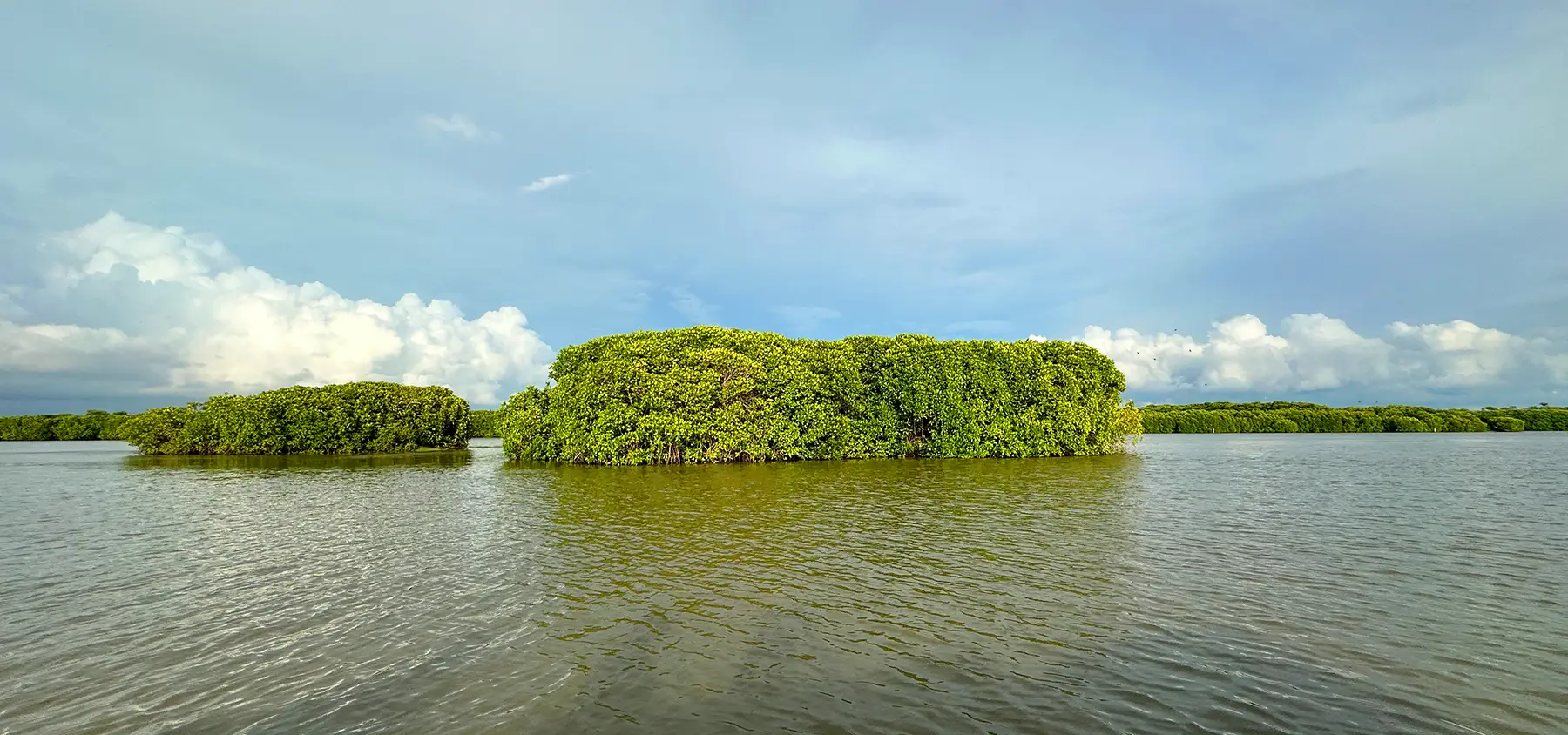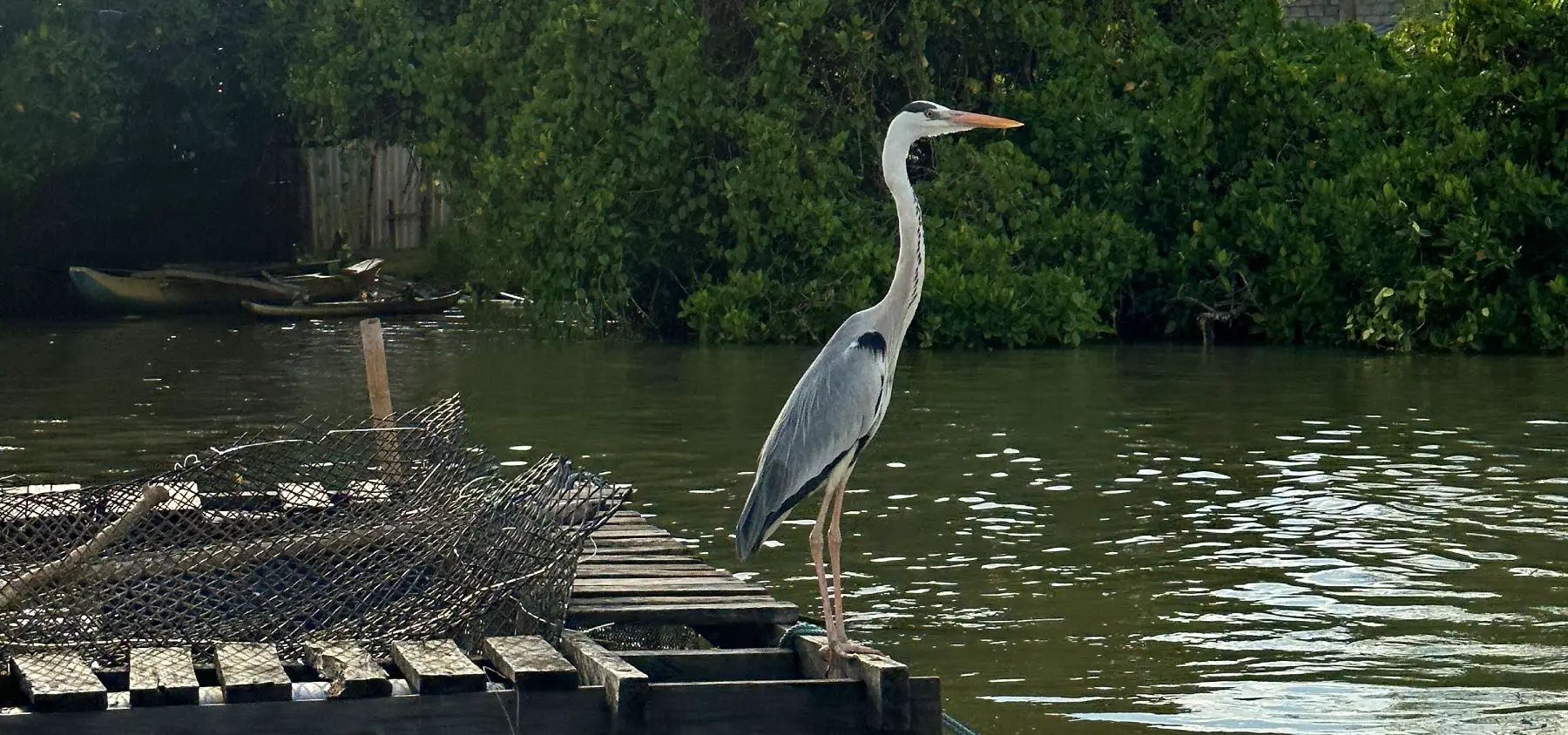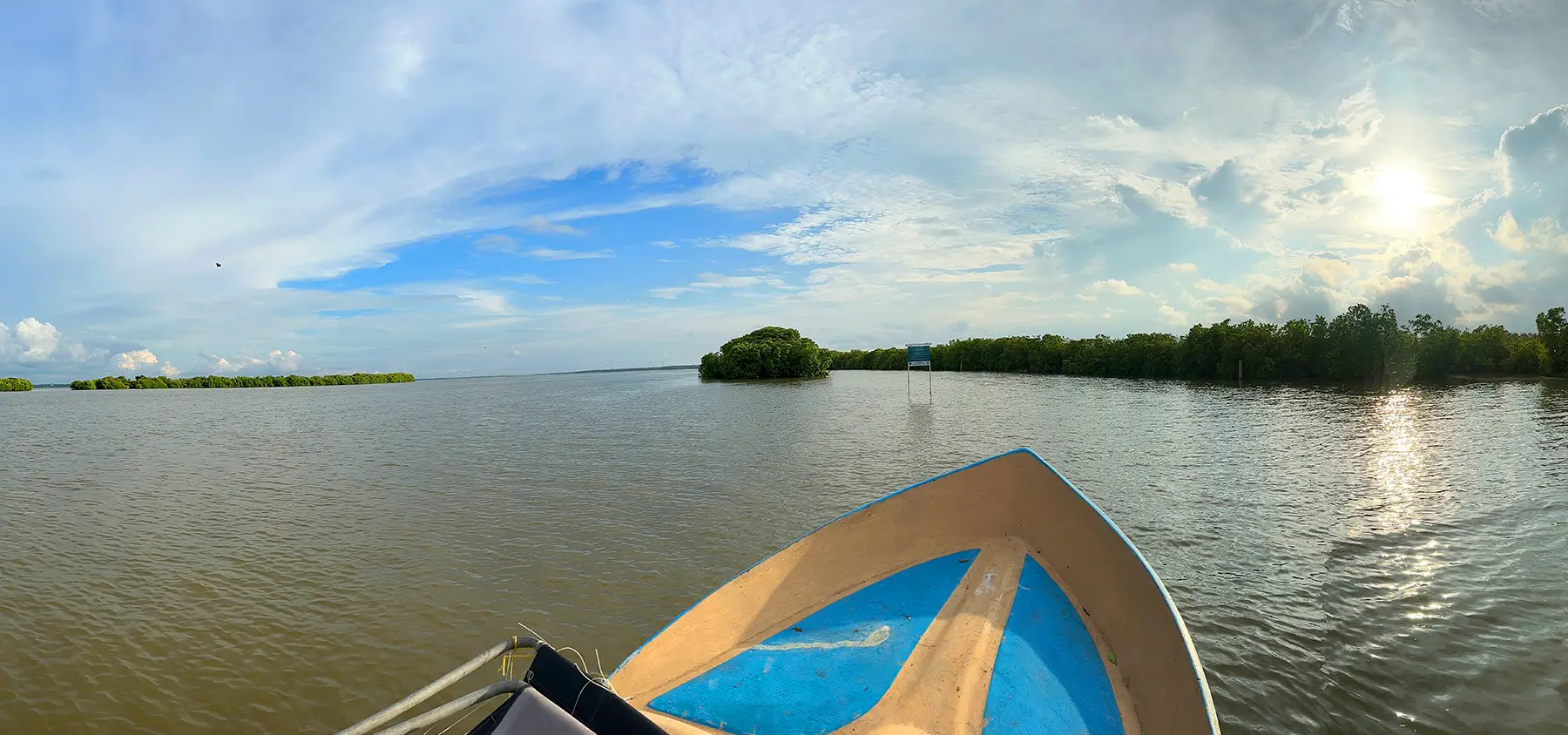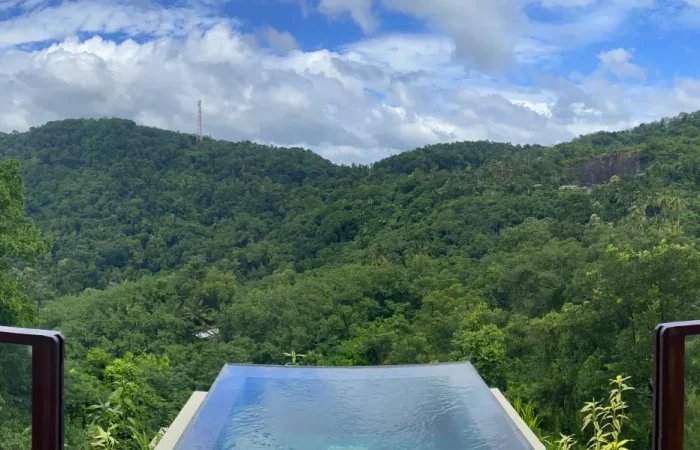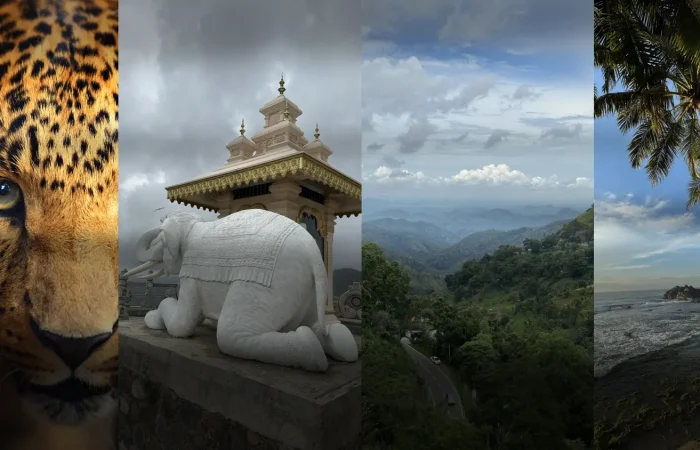Tourist Attractions and Activities
Guided boat tours are a popular way to explore Negombo Lagoon and its surroundings. Visitors can take leisurely cruises through the mangrove forests, observe birdlife, and learn about the lagoon’s ecology and fishing traditions from knowledgeable guides.
The lagoon’s wetlands and mangrove habitats provide excellent opportunities for birdwatching. Early morning and late afternoon are the best times to spot migratory birds and resident species in their natural habitat.
Several ecotourism initiatives focus on conservation efforts and sustainable practices around Negombo Lagoon. These initiatives aim to promote environmental awareness, protect wildlife habitats, and support local communities dependent on the lagoon’s resources.
Visitors can interact with local fishermen and learn about their daily lives and fishing techniques. Many fishermen offer tours of their fishing boats, demonstrating traditional fishing methods and sharing stories about their experiences on the lagoon.

